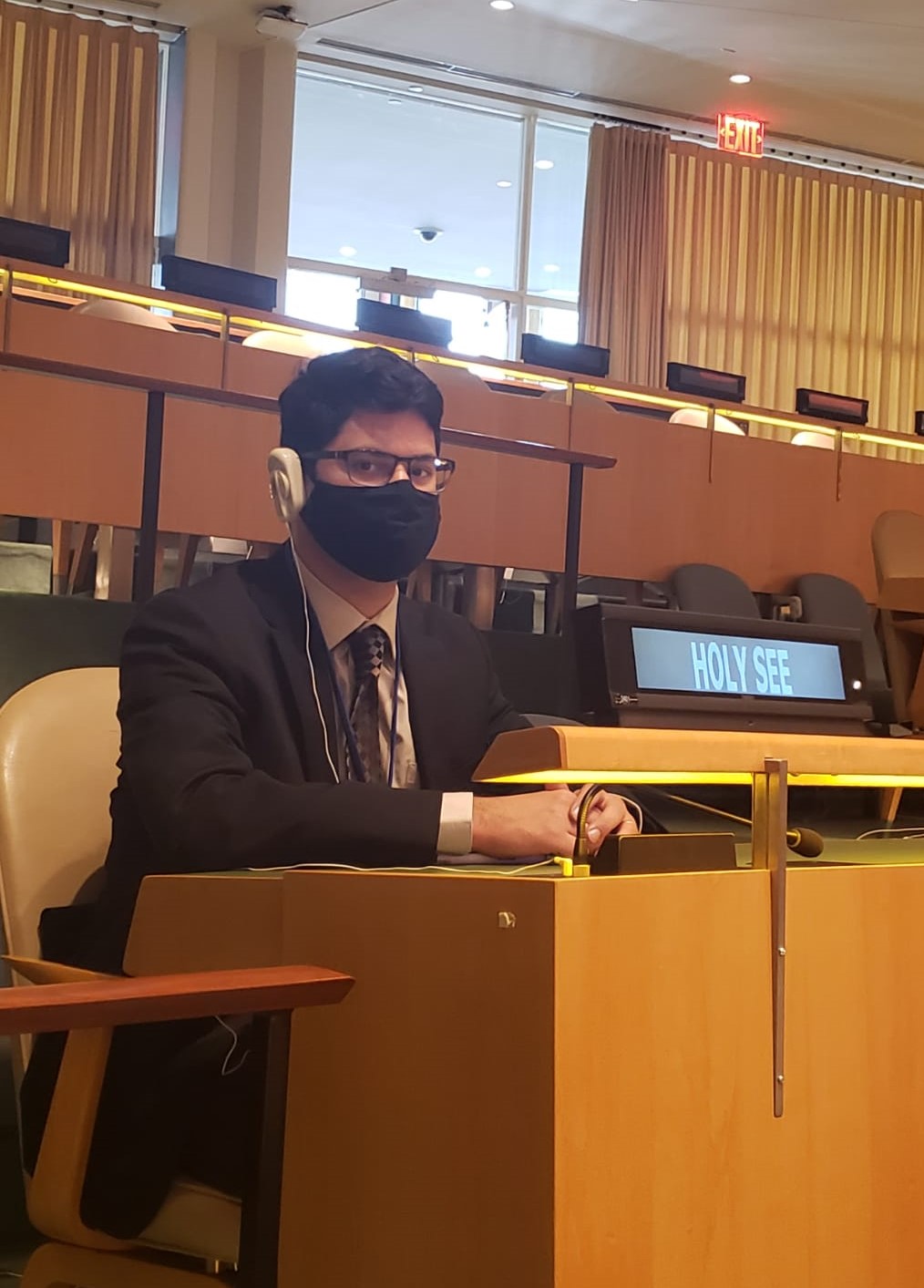
By David Lewandowski
Like many aspiring international development practitioners before me, the study of the field has
raised a two-pronged concern. Not only is the need for economic development so great, but how
can we ensure that projects are designed in a way that positively impacts the lives of those most
in need? For over 75 years the Salesians of Don Bosco, a Catholic Religious Order, have
embedded themselves in some of the poorest communities on earth. Over time they have become
the world’s leading provider in Technical and Vocational Educational Training (TVET), as a
means to help young people break the chains of dire poverty and become self-sufficient,
contributing members of society.
Tucked beside the shoreline in New Rochelle is the development arm of the Salesians that
oversees the procurement, disbursement, and processing of internal and external funding to over
130 Salesian field offices around the globe. Within this office lies a small department: The
Salesian Mission Office for International Programs (SMOIP). Since the Fall I have had the
privilege of learning and participating in the immense work they accomplish.
SMOIP supports Salesians around the globe through partnerships with the U.S. Government and
private-sector organizations, and in-kind support. Primarily, I have worked closely with two
development associates who balance managing a portfolio of ongoing projects worth millions of
dollars, while simultaneously forecasting new funding opportunities to meet the demand of
requests from the field. For example, a current project, funded by the Bureau of Population,
Refugees, and Migrants (PRM) of the US Agency for International Development (USAID),
provides TVET, life skills training, business education, and seed funds to microfinance
entrepreneurial projects for refugees in Egypt. An example of a project I helped apply for with
the USAID subdivision of American Schools and Hospital Abroad (ASHA) seeks funds to
construct a state-of-the-art science center for a Salesian University in the Philippines. Moreover,
I have had the chance to partner with an office in the Democratic Republic of the Congo and take
lead on applying for private grants to fund the procurement and installation of solar panels.
Throughout my time with SMOIP, I have put into practice the skills I have attained with IPED.
Most notably the trio of project management courses I took in the Fall already has paid
dividends. Learning how to use logic models and SMART indicators to measure and ensure the
success of a program is essential when applying for USAID grants. Additionally, I have used the
research skills gained in both economic and political science courses to contribute to gap,
market, health, gender, and risk analyses that are important components of USAID grants.
I am confident the Salesians are doing essential and professional work to empower the most
impoverished around the globe and I could not be happier having had the opportunity to learn
from and contribute to their mission.
